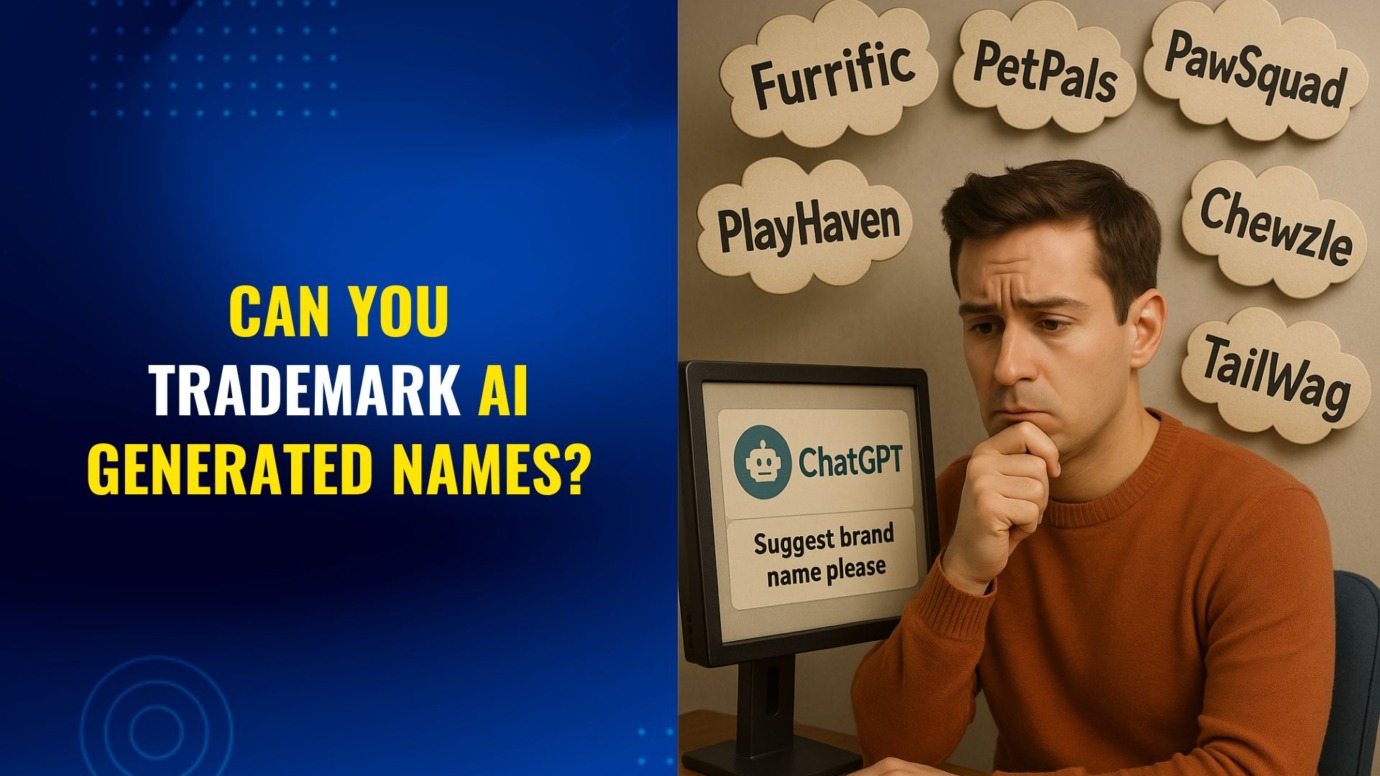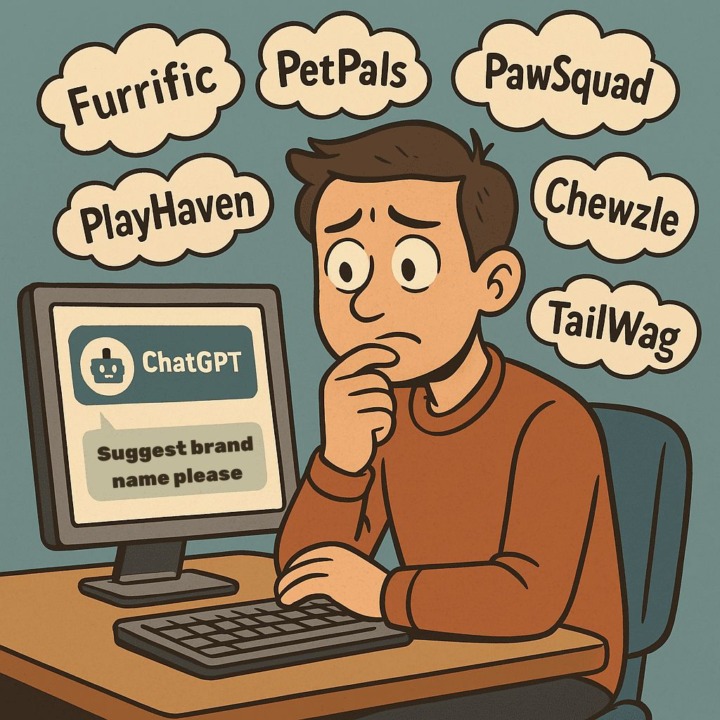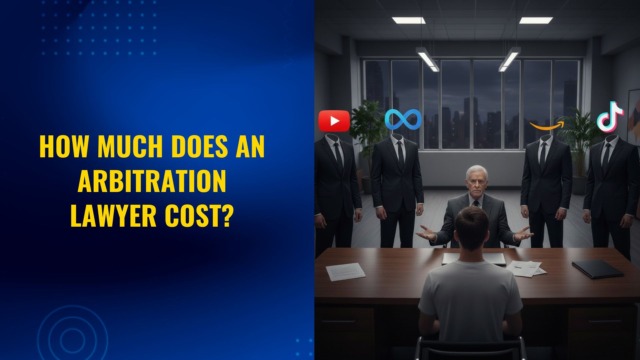
Book a FREE 15-minute consultation with an expert – Book Now
AI Brand Name Generators: Are They Safe for Trademark Registration?

AI is rapidly changing how businesses build their brands — and that includes naming them. For private label business owners, AI tools offer a fast, creative way to brainstorm potential brand names. But while generating ideas is easy, securing a registered trademark with the US Patent and Trademark Office (USPTO) is not. Many AI-generated names sound great but fall short when it comes to legal protection. So, how do you strike the right balance between creativity and registrability? Let’s dive in.
What Makes a Good Brand Name for Trademark Registration?
A good brand name is both marketable and legally protectable. While you likely want your brand name to resonate with consumers and convey the nature of the product, it must also meet USPTO registration requirements. The trademark registration process takes approximately eight months, during which USPTO examiners evaluate applications for conflicts with existing marks. If a name is too similar to a prior trademark, registration may be denied due to a “likelihood of confusion.”
To improve the chances of successful registration, brand owners should choose unique names and conduct an availability search with an intellectual property attorney.

Trademark Name Strength: What Types of Names Are Most Registrable?
Trademark names fall into different categories, with varying degrees of registrability:
🔵 Best chance of registration – Fanciful
Fanciful ───────── Arbitrary ───────── Suggestive ───────── Descriptive
🔴 Lowest chance of registration – Descriptive
- Fanciful – Invented words with no dictionary meaning (e.g., VERIZON) – highest chance of registration.
- Arbitrary – Existing words unrelated to the product (e.g., APPLE for smartphones).
- Suggestive – Names that hint at product qualities without directly stating them (e.g., PAWS for pet treats).
- Descriptive – Names that explicitly describe the product (e.g., YUMMY PET TREATS for … pet treats) – lowest chance of registration unless distinctiveness is proven.
Fanciful and arbitrary names typically have the best chance of registration, while descriptive names face higher rejection rates unless distinctiveness is acquired through long-term use or a unique logo.
How AI Tools Like ChatGPT Generate Trademark Name Ideas
AI chatbots like ChatGPT can generate brand name ideas based on prompts such as: “Suggest a trademark name for a pet toy.” Similarly, Amazon offers a brand name generator that suggests names based on product descriptions.
While AI is useful for brainstorming, it does not replace the need for a professional availability search. A name that appears available in an initial search may still face rejection if it conflicts with an existing trademark. So, be careful and do not assume that your trademark name is available because you found nothing similar on the USPTO website. USPTO examiners have broad discretion and can cite trademarks that are not identical in name, even from different categories.
Key Takeaways for Using AI in Brand Name Development
AI tools can assist in generating brand names, but private label business owners must balance marketability with trademark registrability. Choosing a strong, unique name and conducting a thorough availability search are crucial to securing trademark protection. Relying solely on AI suggestions without legal due diligence can result in rejection by the USPTO. Choosing the right brand name is the first step in applying for a US trademark.
Legal Disclaimer: The articles published on our platform are for informational purposes only and do not constitute legal advice in any form. They are not intended to be a substitute for professional legal counsel. For any legal matters, it is essential to consult with us or a qualified attorney who can provide advice tailored to your specific situation. Reliance on any information provided in these articles is solely at your own risk.
Amazon Brand Registry – Discover for Free if You’re Eligible
Increase Your Chance of Getting a
Trademark to 96%
Subscribe to Our Newsletter
Sign up to receive valuable information on E-Commerce and intellectual property

